Apple is adding virtual memory swap to iPadOS 16, allowing apps on the recent iPad Pro and iPad Air models to use free and available storage as extra memory for demanding workloads.

With iPadOS 15, certain apps can use up to 12GB of memory on the highest-end M1 iPad Pro which has 16GB of total RAM. With iPadOS 16 and virtual memory swap, Apple is significantly increasing the amount of memory an app can use by tapping into available storage on the device.
For M1 iPad Pro models, apps can use up to 16GB of memory for the most demanding workloads. Fifth-generation iPad Air models with the M1 chip and a minimum of 256GB of storage also support the feature.
Virtual memory swap and the higher memory ceiling join a list of features coming with iPadOS 16 that are exclusive to the M1 iPad Pro and iPad Air, including Stage Manager. In fact, Apple told Digital Trends that Stage Manager relies on this virtual RAM swap.
Stage Manager is an entirely new way for pro-users to use their iPad, allowing users to have multiple windows of an app opened at once, overlaid on top of each other. Stage Manager also enables full external display support on iPadOS for the first time.
iPadOS 16 is currently available to developers, with a public beta planned in July. iPadOS 16 will be available to all supported iPads later this fall.
Update: Apple's footnote on its iPadOS 16 preview page originally stated that it was the fourth-generation iPad Air that supported the feature, but the error has been corrected.


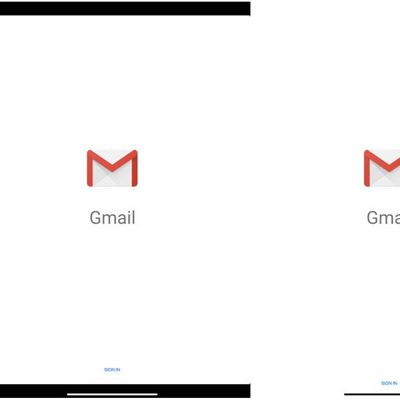
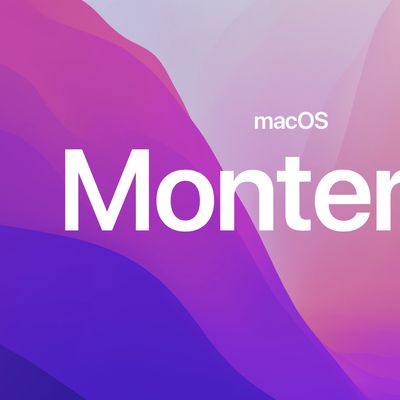




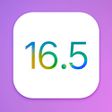


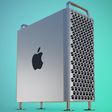


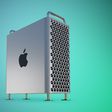



Top Rated Comments
Your "Pro" device does and will still do what you thought it was doing, you were never promised anything forward.
You based your decision on what it did for you not what it might do in the future (as nobody could guess), your 2 year old device wont suddenly stop being pro or doing it's work.
You are missing on features from the new OS, features you didn't have before, but the HW you have is still as good and as zippy on the new OS.
Bottom line, ALWAYS buy stuff for what they are capable the day you buy them, never buy things hoping they will do more in the future.
Saying "never buy the first gen iphone/ipad/mac" is mostly meaningless- at this point, any iPad, iPhone, Mac, etc is both a first generation of something, and a second, third, etc etc etc generation of something else. In 2 years people will be complaining about the current 13" iPad Pro missing some feature and "you should've skipped it" because it was the "first generation" product with a mini LCD display, or it had the "first generation" M1 chip. Your advice is basically to never buy anything, something better might be released later ;)